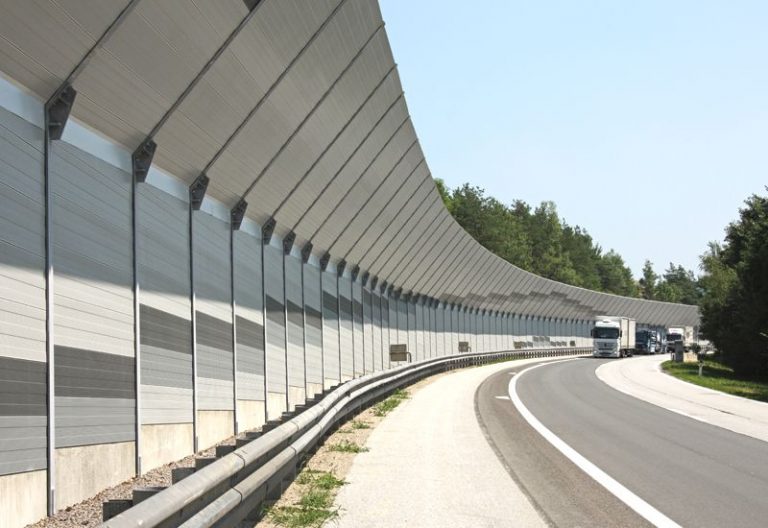What Is a Data Centre and How Does It Work?
Businesses nowadays have to set up their own centralized area for all IT equipment, tools, and operations. The whole purpose of this locality is to keep the data safe while storing and maintaining all the necessary processes and applications.
This is known as a data centre, which can be viewed as the core of every company’s operations when it comes to the contemporary technology used.
Of course, thanks to digital advancements, a huge portion of these operations can be stored on the cloud in order to improve the safety and efficiency of processes. Together with the physical infrastructure, a multi-cloud environment represents the data centre model vastly used today.
What Is a Data Centre Used for?
As noted, the whole point of having a data centre within a business structure is to store and manage the data flow with ease. Typically, these centres focus heavily on the organization of IT and tech equipment necessary for smooth business operations. There’s also the need to store and protect company and client files within the industry.
While having a specific physical infrastructure for holding the equipment can be rather helpful for an efficient company model, the actual data storage these days doesn’t have to rely on any physical infrastructure. Thanks to cloud software, companies can make the most out of the physical space they have by taking a big chunk of their operations online. Cloud services typically include regular cloud storage but also SaaS and IaaS.
Therefore, more and more companies today are moving from the physical into the virtual realm of cloud storage when it comes to the improved functionality of their own data centre. To further protect the sensitivity of data and processes, it’s no longer needed to rely solely on the facility’s servers.
This type of storage solution is rather advantageous as it encompasses data centre safety measures that are easier to stay on top of. Not only does this reduce the need for constant hardware maintenance but it also minimizes the danger of asset depreciation.
The Role of the Data Centre
The combination of electrical and cloud-based data services is what makes for the most effective data centre solutions. Server rooms and equipment storage are still more than necessary in order to utilize other digital technologies to the fullest. This is why protecting the physical infrastructure is still a priority even with the added security measures associated with cloud services.
Data centre facilities are still high-risk environments that require improved data centre safety solutions in order to keep the electrical component of business operations protected and effective.
As an integral part of the company model, data centres are responsible for:
- Storing, managing, and recovering data
- Creating a data backup
- Maintaining productivity apps and processes
- Keeping track of eCommerce transactions
- Providing online communities with power supply
- Taking part in AI, machine learning, and big data in general
These days, there’s hardly a business that doesn’t utilize a data centre of its own. Even if the company lacks available space, it’s possible to rent the servers, put trust in third-party data management, as well as use public cloud hosts.
The Benefits of Data Centre
It’s true that modern hardware is getting smaller and more practical, but the contemporary need for data consumption and collection is also growing bigger every second. In order to stay relevant, businesses today need to be able to meet their customers’ demands quickly and efficiently by accessing data fast. This is where data centres become immensely valuable for ensuring the company’s steady growth and reliability.
Computing hardware is still a must-have but with the possibility to outsource the maintenance and sourcing of that hardware to other parties and hosts, both businesses and clients can safely access the data they need online, regardless of their own geographical locations.
The servers used for data and information processing are similar to computer hardware, but they have much stronger capabilities when it comes to memory and storage. Different servers can be tasked with different processes, with larger companies using one server per one task to further facilitate efficiency and content delivery.
Data centres are a modern solution to simpler computer management and everything that the said management entails within a business model. They’re super secure not only when it comes to data theft and intrusion, but also dangers such as fire, flood, and power failure. This prevents the loss of data and keeps it available at all times for the authorized personnel. It also ensures that the equipment stays relevant and useful for as long as possible.




